Pests and Disease: White Cabbage Moth and Caterpillar Control
Autumn offers many of us an opportunity to downshift in the garden, which comes as a welcome step back from the hectic and demanding nature of summer growing. For a brief period of brassica bliss we get to enjoy our newly sown crops of kale, cabbage, broccoli, and brussels sprouts. Every year we allow ourselves to get swept up in the affair and to let our guard down. Many sweeping clichés come to mind. Surely, we won't make the same mistakes as before. This year will be different. I've never loved like this before... Unfortunately, the honeymoon period is always interrupted by the same seasonal adversaries- the white cabbage moth and its insatiable caterpillar spawn.
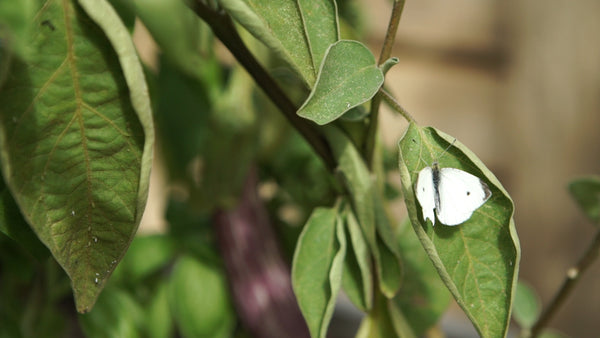
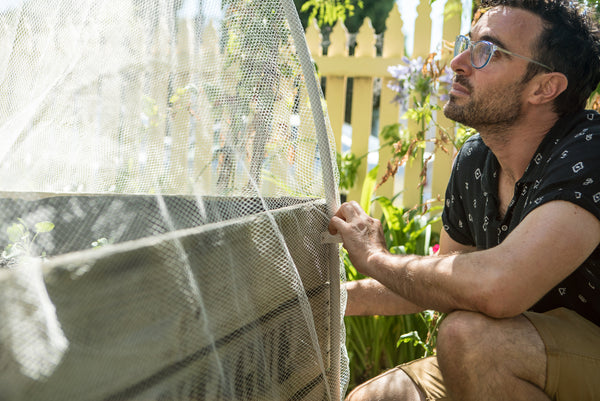
Prevention
The best method is always prevention and if you are lucky enough to not have an infestation, secure your garden with a finely woven net immediately. Although the moth itself is superficially harmless, it is probably having a wild romp in your veggie patch and laying its eggs with reckless abandon. Shop insect netting

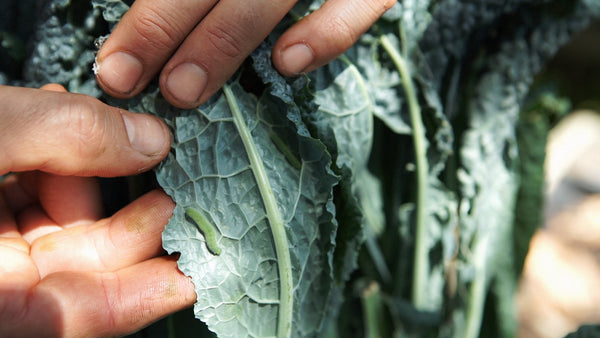
Hunt and Gather
If your plants are already showing signs of caterpillar damage- the rapid appearance of holes or loss of entire leaves - a simple method is to hunt and gather the offenders by hand. Check the dense center of plants and inspect the underside of the leaves. Collect as many as you can and dispose of them in whatever way you deem to be the most humane. We get a worrying amount of pleasure from tossing them to our chooks and watching the inevitable feeding frenzy that ensues.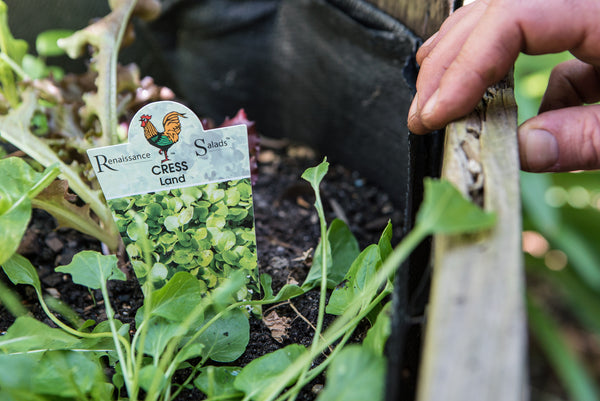
Companion Planting
Land cress is a favoured companion plant in the autumn/winter garden, as it is toxic to caterpillars. 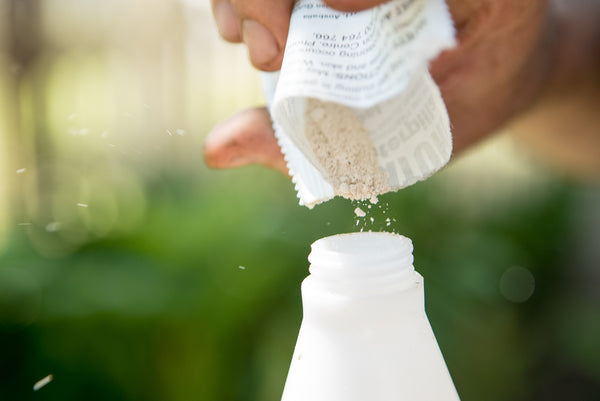
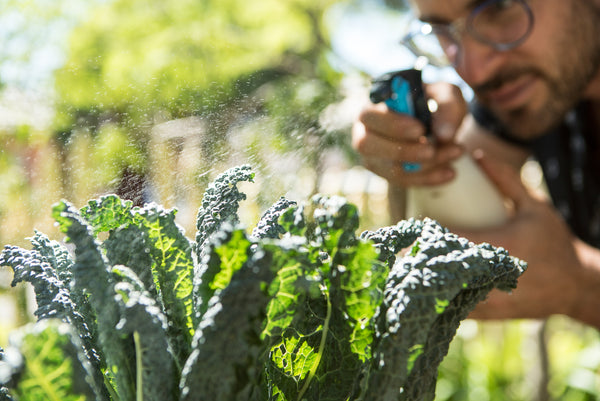
Dipel Spray
One of the most effective and easily available natural insecticides. The active ingredient of Bacillus thuringiensis var. kurstaki is derived from beneficial bacteria found in soil, on plant surfaces, and also in insects. Dipel is toxic to caterpillars, but completely harmless to humans, birds, and beneficial insects such as ladybugs and bees. Simply mix a sachet with water and spray infected plants. Repeat the application over a few days (and after any rain) and be sure to spray the underside of leaves. When caterpillars ingest sprayed leaves it can take a couple of days for them to die.
Shop Dipel in our online store.
Shop seasonal heirloom seed varieties.
